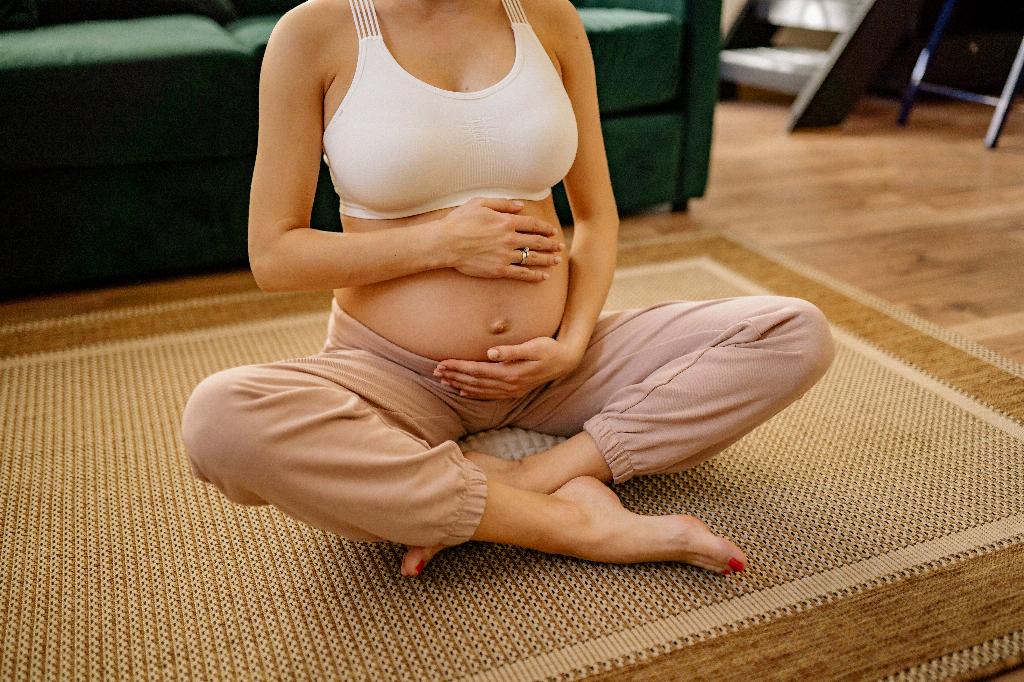When it comes to enjoying a cup of Starbucks Matcha Latte during pregnancy, many expectant mothers may be curious about the safety of consuming matcha green tea. Matcha is a powdered form of green tea that is known for its rich antioxidants and unique flavor profile. However, concerns may arise during pregnancy due to its caffeine content and potential health effects on the developing fetus.
Caffeine Content in Matcha
Matcha contains caffeine, which is a stimulant that can cross the placenta and reach the fetus. While moderate caffeine consumption is generally considered safe during pregnancy, excessive intake can lead to negative health consequences. It is recommended that pregnant women limit their daily caffeine intake to around 200mg, which is equivalent to about two 8-ounce cups of coffee.
Safe Consumption Levels
Considering the facts provided, a Starbucks Matcha Latte contains a certain amount of matcha powder, which contributes to its caffeine content. It is essential to be mindful of the amount of matcha lattes consumed in a day to stay within the recommended daily caffeine limit for pregnant women. As mentioned, exceeding 8 shots of matcha per day or consuming more than 2.5 Starbucks Matcha Lattes could potentially lead to excessive caffeine intake.
Consulting with a Healthcare Provider
As with any dietary concerns during pregnancy, it is always advisable to consult with a healthcare provider or a qualified dietitian. They can provide personalized recommendations based on individual health conditions and ensure that the dietary choices align with the overall well-being of both the mother and the baby. Transparency about matcha consumption can help healthcare providers offer tailored advice.
Impact of Caffeine on Pregnancy
Excessive caffeine intake during pregnancy has been associated with various adverse outcomes, including low birth weight, preterm birth, and developmental issues in the baby. Due to the potential risks, it’s crucial to monitor caffeine consumption and make informed decisions about including matcha lattes in the diet. Moderation is key to reducing any potential harm.
Alternative Options
If you enjoy the taste of matcha but are cautious about the caffeine content during pregnancy, there are alternative options available. Opting for decaffeinated matcha or reducing the number of matcha lattes consumed can help minimize caffeine intake while still allowing you to indulge in this popular beverage. Exploring different preparation methods can also be beneficial.
Listening to Your Body
During pregnancy, it’s essential to listen to your body and pay attention to how certain foods and beverages make you feel. If you experience any discomfort or adverse reactions after consuming matcha lattes, it may be a sign that your body is reacting to the caffeine or other components in the drink. Trust your instincts and make choices that prioritize your well-being.
The Role of Moderation
Moderation is a key factor when it comes to consuming matcha lattes or any caffeinated beverages during pregnancy. By practicing moderation and staying within the recommended limits, you can enjoy a cup of Starbucks Matcha Latte as an occasional treat without compromising the health of you and your baby. Being aware of portion sizes and overall intake is important.
Educating Yourself
Educating yourself about the nutritional content of matcha lattes and understanding the potential effects of caffeine during pregnancy can empower you to make informed choices. By staying informed and being aware of your dietary decisions, you can navigate the world of beverages like Starbucks Matcha Latte with confidence and clarity.
Considering Individual Sensitivities
Every pregnancy is unique, and individual sensitivities to caffeine can vary. Some expectant mothers may find that they are more sensitive to caffeine and need to adjust their consumption accordingly. By paying attention to your body’s signals and consulting with healthcare professionals, you can tailor your matcha latte intake to suit your specific needs.
Final Thoughts
In conclusion, while enjoying a Starbucks Matcha Latte during pregnancy can be a tasty indulgence, it’s essential to be mindful of the caffeine content and consumption levels. By staying within the recommended limits, seeking guidance from healthcare providers, and listening to your body, you can navigate the decision of whether to include matcha lattes in your diet with confidence. Ultimately, making informed choices that prioritize your well-being and that of your baby is key.

